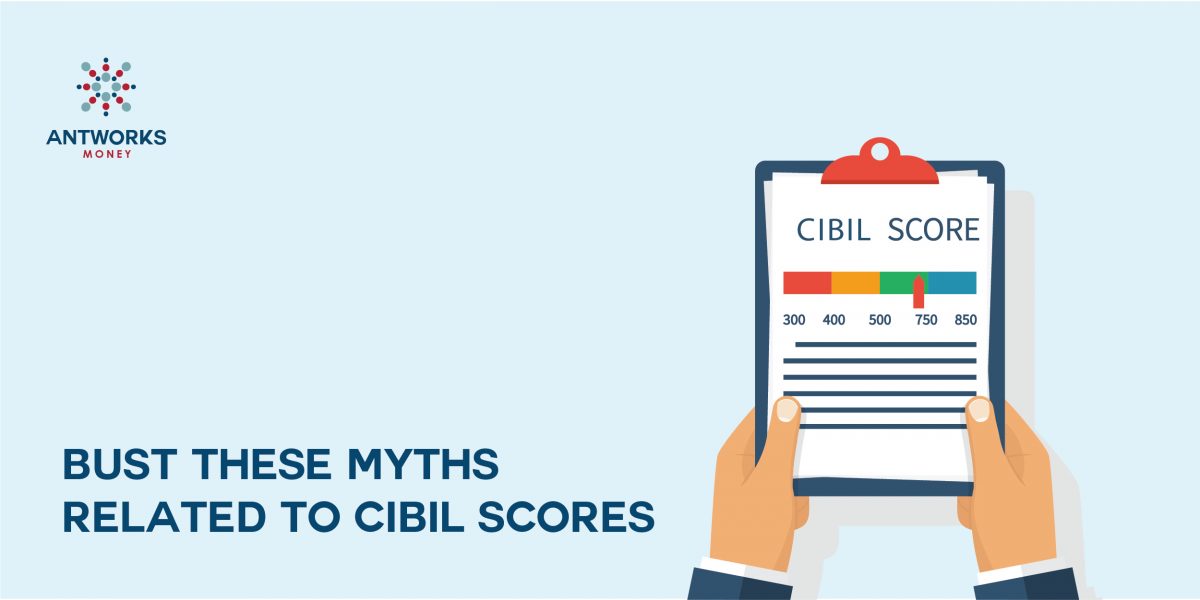
Bust these Myths related to CIBIL scores
If you take your personal finances seriously, then you would have come across the term “CIBIL” scores and reports. In the financial market of today, there is no disputing the fact that an individual’s CIBIL score is getting more prominence. From deciding whether you’re eligible for a personal loan with poor credit to determine your interest rates for a home loan, CIBIL scores play a vital role.
Even after a decade of its existence, CIBIL scores are more of an enigma to the layman. Some even have developed a kind of aversion to these scores. Myths and rumors abound in the financial world.
As more and more banks are jumping on the bandwagon of having credit history checked, now is the time to put aside your prejudices and find the truth behind these credit scores.
Myth #1: Your credit score comes down when you inspect it
This is one absurd tale that is quite popular. When you request a credit report to know your exact credit score, the application is considered as a soft inquiry and in no way brings your score down. However, if a lender makes this claim, it’s considered as a hard investigation and noted down. However, repeated inquiries from lenders can impact your score negatively.
Myth #2: No credit cards means better Credit Score
In fact, the opposite is true. Don’t cancel or surrender your existing credit cards just for the sake of increasing your CIBIL score. In reality, no credit cards mean your available credit limit is brought down, which in turn increases your credit utilization ratio.
High credit utilization ratio leads to a lower credit score. Instead, try to utilize your credit cards sensibly and pay your bills on time, to keep the ratio low.
Myth #3: Your Income determines your CIBIL Score
In fact, the revenue of a person has no role to play in determining the credit rating. Imagine a person A who earns around Rs.75,000/- per month but has unpaid credit card bills and has availed a number of loans. Another person B makes a modest salary of Rs.30,000/- per month but pays his bills on time and has only a smaller EMI to pay every month.
Person B is bound to have a better CIBIL score when compared to person A.
Myth #4: Higher bank balance, better CIBIL scores
No, your bank balance has nothing to do with your CIBIL ratings. In fact, your investment portfolio or returns on the portfolio also have no impact on the scores. Actually, your score is determined only by the manner in which you handle credit. So, even if you have low incomes, you may actually get low rate personal loans if you have a credit history that testifies your repayment capacity.
Myth #5: If you pay your bills on time, you needn’t bother about your CIBIL report
Many people falsely assume that paying bills on time means that they needn’t worry about their credit score. However, there are cases where fraudsters steal the identity of others to avail loans and do not pay it. In such cases, the credit score of the innocent individual takes a hit. So, it’s a good idea to check your credit score once a year to keep a tab on it.
CIBIL score plays a vital role in several transactions like applying for a home loan, car loan or a personal loan. So, keep an eye on your ratings to stay on top of the game.





